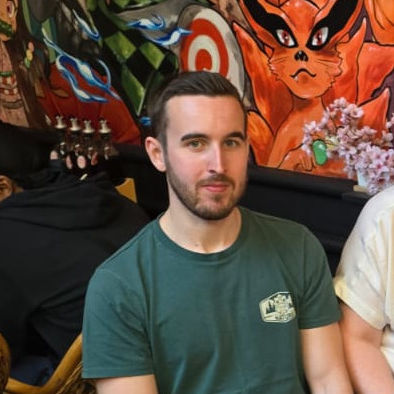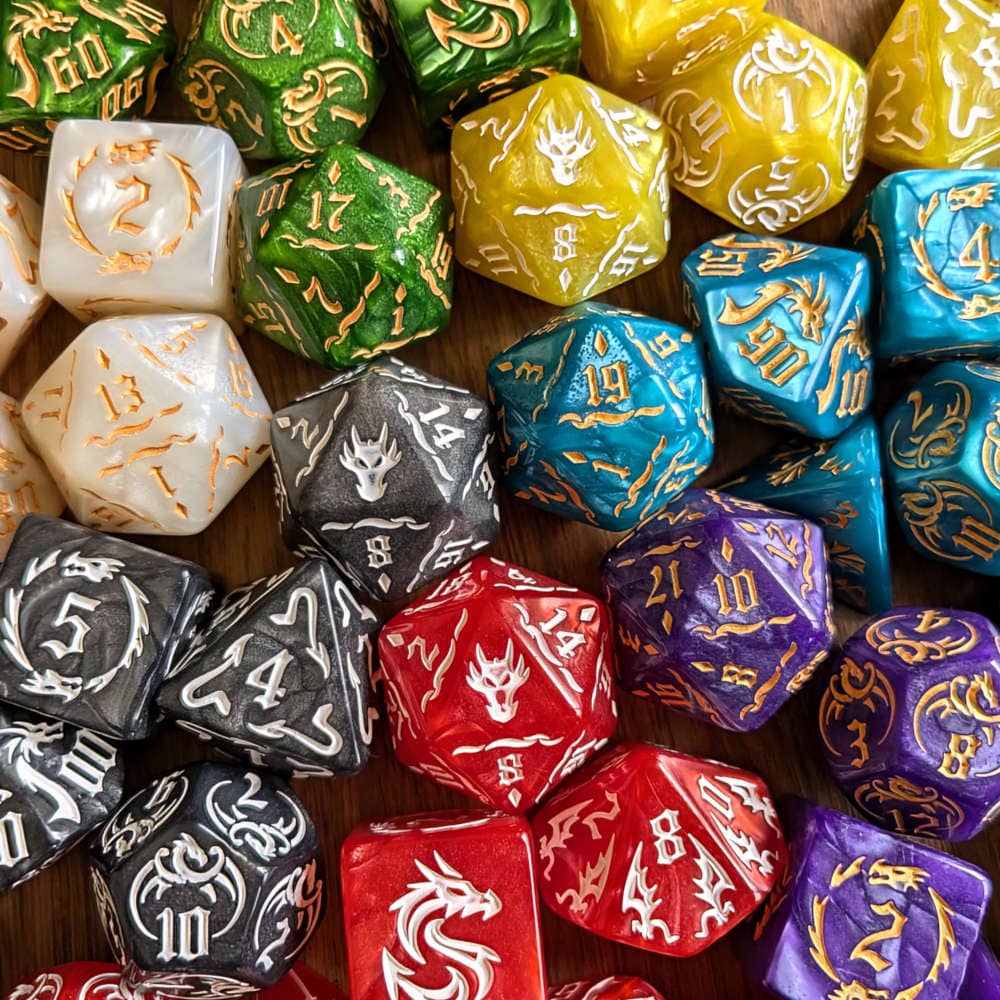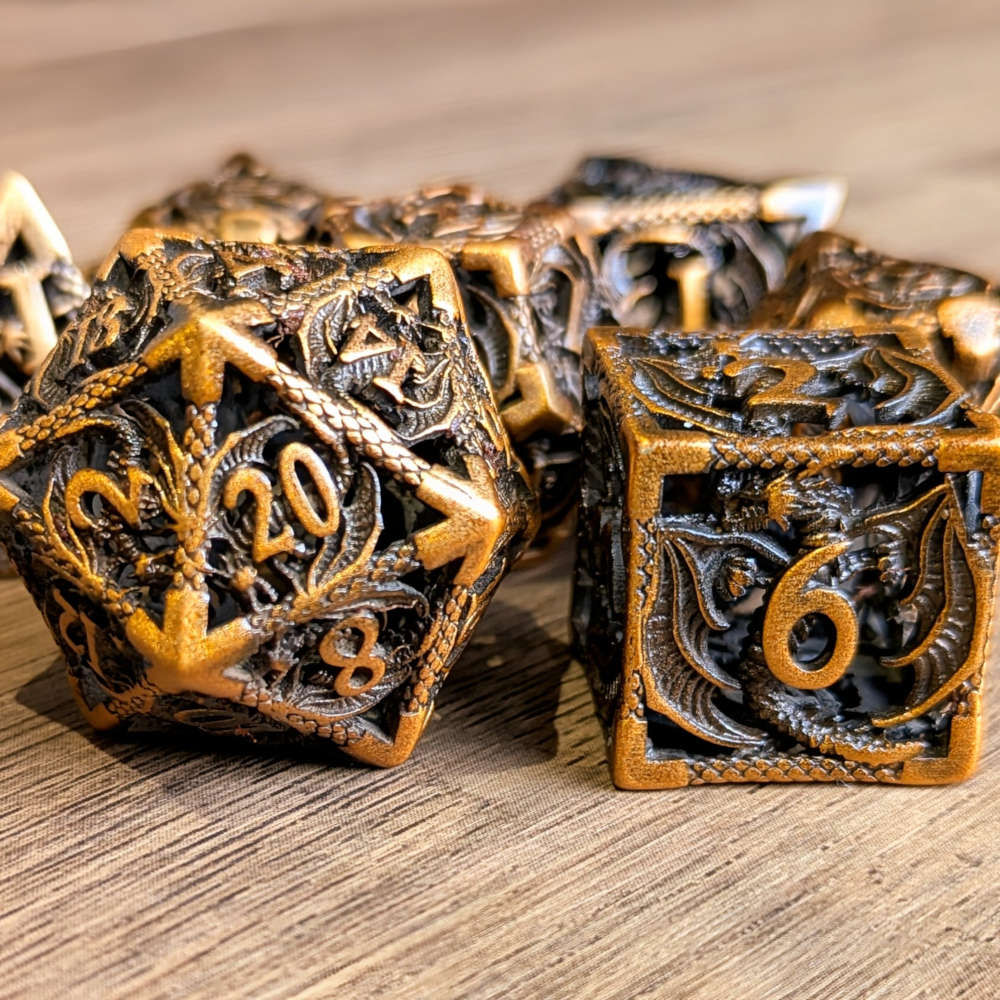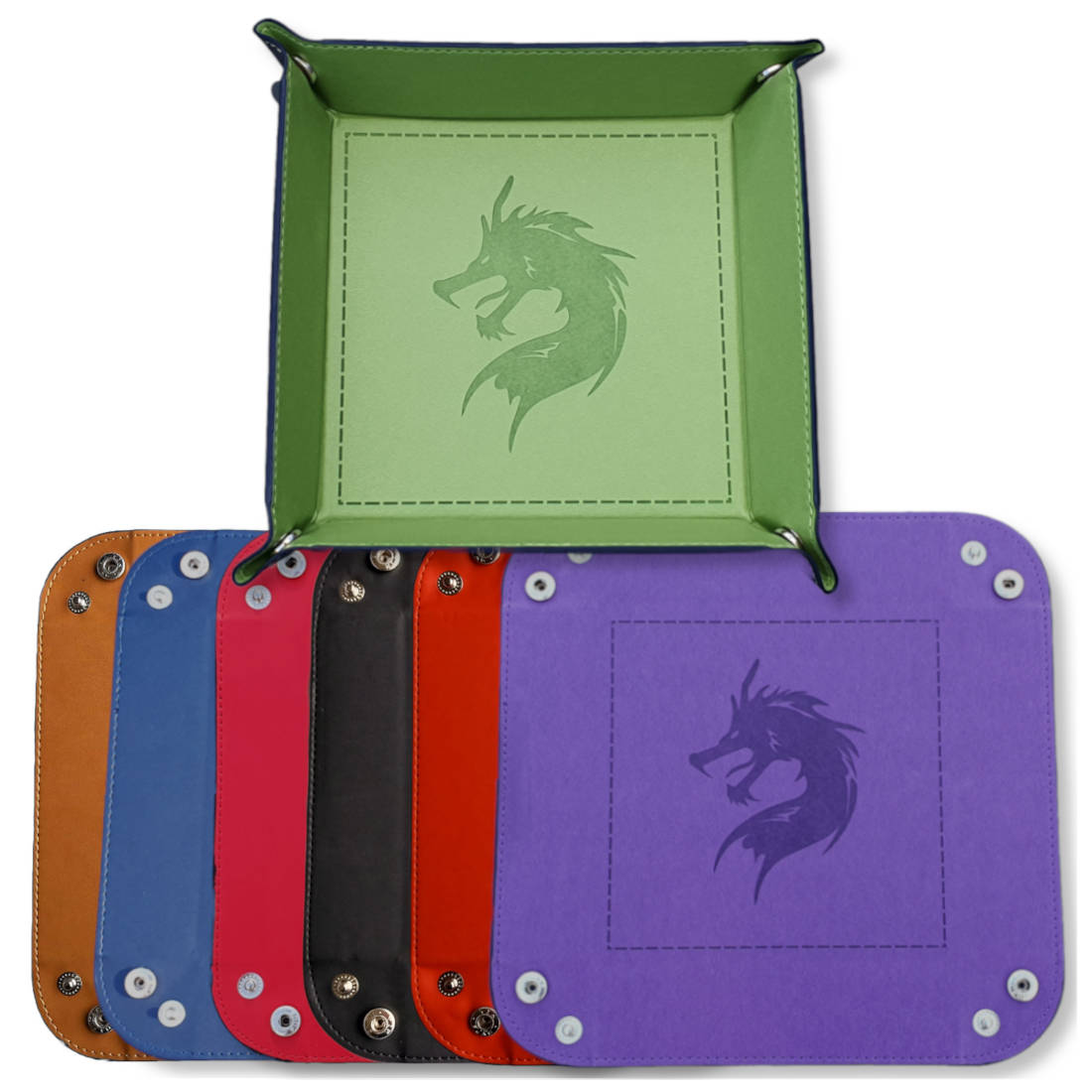What does D&D teach you?

In Dungeons & Dragons (D&D), players embark on epic adventures, facing challenges, making decisions, and interacting with diverse characters and environments. But beyond the realm of fantasy, D&D offers valuable lessons that can be applied to real life.
In this guide, we'll explore the range of skills, life lessons, and other things that D&D teaches and helps people to develop.
What is Dungeons & Dragons and how is it beneficial?
D&D is a tabletop roleplaying game where players create characters and embark on adventures in a fantastical world guided by a Dungeon Master (DM). Players roll dice to determine the outcome of their actions, whether it's battling monsters, solving puzzles, or interacting with non-player characters. It's a collaborative storytelling experience where imagination reigns supreme, offering endless possibilities for exploration and adventure.
Beyond the realms of fantasy, D&D offers numerous benefits that extend into real-life situations. The game teaches valuable life lessons and fosters skills that are applicable in various aspects of life, including school, work, and personal relationships. Some suggest adding D&D to your resume to showcase your hobbies and teamwork skills.
Through gameplay, players learn teamwork, problem-solving, creative thinking, goal setting, risk-taking, flexibility, empathy, communication, and conflict management. These skills are essential for navigating the complexities of life and can contribute to personal growth and development.
What skills does D&D give you?
Whether you play D&D as a player or as the one leading the group (known as the Dungeon Master), you'll gain and build valuable skills. As a player, you'll be part of a team, learning to collaborate, understand different perspectives, discuss plans, resolve conflicts, and contribute to the storytelling experience. You’ll also learn how to communicate your character’s actions and how to roleplay.
If you choose to be the Dungeon Master (DM), you'll develop additional skills. These include planning, improvisation, time management, communication, storytelling, crafting adventures, and understanding your players' needs and boundaries. As the leader of the group, you'll also learn how to interview new players, effectively lead a team, and ask for feedback to improve your D&D game.
What does Dungeons and Dragons teach?
D&D teaches valuable life lessons beyond just skills. One lesson is being confident in understanding your needs while considering others'. Negotiating with merchants or debating quest strategies requires effective communication and compromise between players.
Enjoying the journey is another lesson; unexpected twists and random shenanigans are part of the adventure. Just like in life, sometimes the journey is more important than the destination, and embracing the unpredictability adds richness to the experience.
Can D&D be educational?
Yes, D&D can be educational on many levels. It teaches life skills like teamwork and communication and can help manage anxiety and depression. Both children and adults can benefit from playing D&D, fostering a welcoming environment where age is no barrier to joining in the fun.
Read more in our guide that answers the common question “How old do you have to be to play D&D?”.
What other things does D&D teach?
D&D has been instrumental in helping many overcome social anxiety by providing a safe space to practice social interactions and build confidence. It helped us understand our triggers and develop coping mechanisms. We found ways to manage our anxiety before, during, and after sessions, like deep breathing exercises and taking breaks when needed. You can read more about this in our guide to playing D&D with social anxiety.
Moreover, D&D has taught us the value of diversity and inclusivity. In the tabletop gaming community, everyone is welcome, regardless of background, identity, or neurodiversity. D&D has evolved beyond former stereotypes (including the stigma that D&D is for nerds), attracting a range of players who share a common love for storytelling and adventure.
Additionally, D&D has proven to be beneficial for mental health. Engaging in imaginative storytelling, problem-solving, and social interaction can improve cognitive function and emotional well-being. Many players find solace in the game, using it as a form of self-expression and a means to escape from the stresses of everyday life.
How can I get started with D&D?
To help you get started, we've created a range of tabletop roleplaying guides. If you're new to the game and curious about taking on the role of Dungeon Master, our guide "Can you DM if you've never played D&D?" offers valuable tips to help you get started.
If you're looking to join a D&D group but not sure where to begin, our guide "How to find a D&D group" provides practical advice on finding like-minded players and getting involved in the community, whether you’re looking to play online or in-person.
Dice and accessories to help your adventures flourish
Now that you're delving into the world of D&D, it's time to gear up with some Dungeons and Dragons dice and tabletop accessories. Our thermochromic dice offer a unique twist to your gaming experience, changing colour as they warm up. Not only do they add a touch of magic to your adventures, but they're also available at an affordable price, making them an excellent addition to any player's collection.





